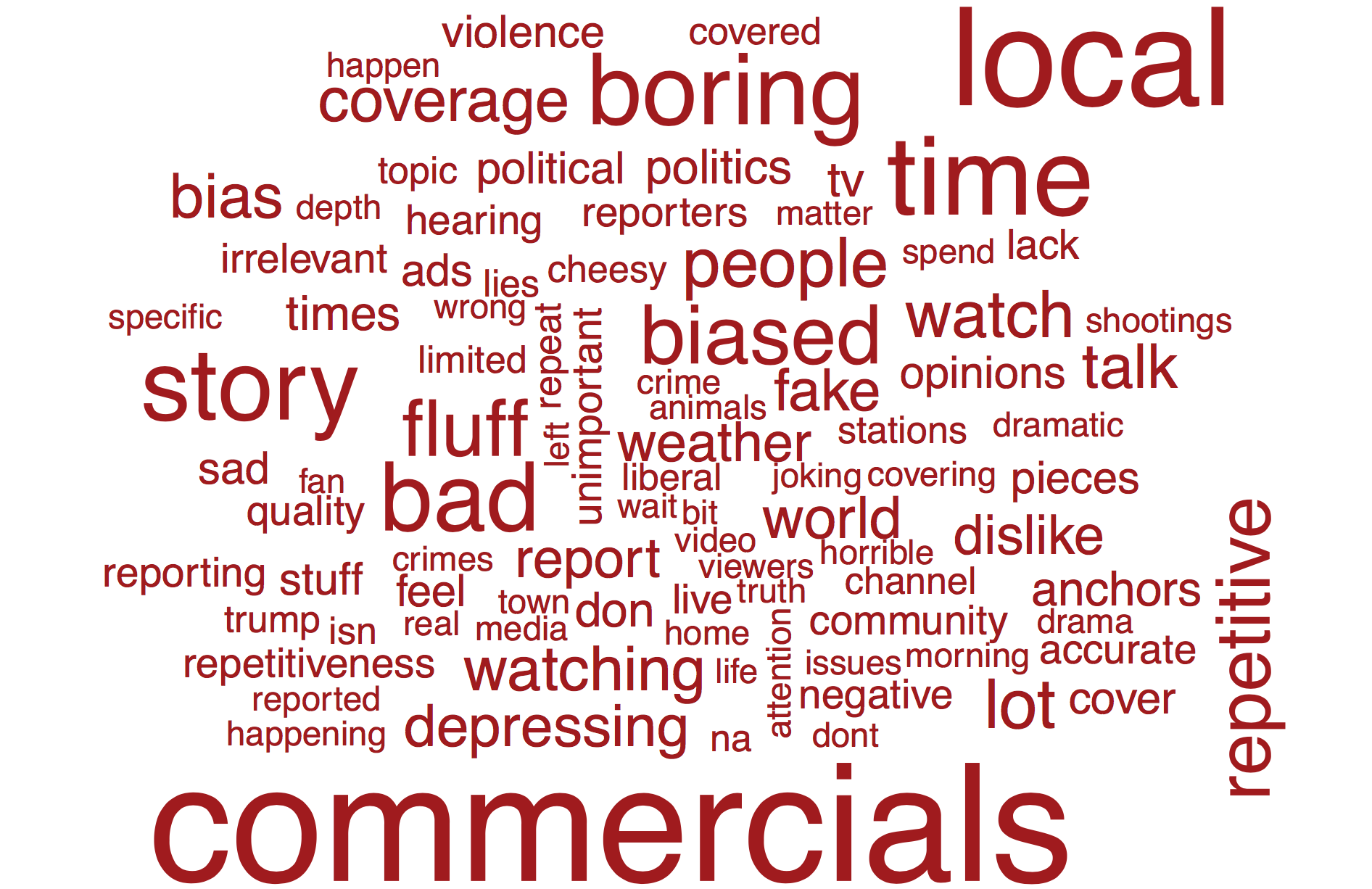How Local News Online can Save You Time, Stress, and Money.
How Local News Online can Save You Time, Stress, and Money.
Blog Article
Local News Online - Questions
Table of ContentsLocal News Online Can Be Fun For Everyone9 Simple Techniques For Local News OnlineLocal News Online - An OverviewLocal News Online Fundamentals Explained7 Simple Techniques For Local News OnlineLocal News Online - Questions
The number of times a short article gets shared on matters for activists, politicians, authors, online-publishers and advertisers. They therefore have an interest in understanding the variety of shares, preferably also anticipating it prior to the short article is being released. With brand-new approaches of such as it is possible to obtain understandings into the core characteristics of a write-up.Said "dataset about on-line information appeal". is composed of 39,644 monitorings and 60 possible attributes, that have actually been collected over 2 years from 2013 to 2015. The functions consist of variables defining words, links, electronic media, time, key words, understandings from and the variety of short article shares. With the dataset being publicly readily available, a reasonable quantity of information analysis has actually been performed.
One "category analysis". 30 November 2020. used machine discovering methods, particularly,,, and to predict the top 10 percent most regularly shared articles. The final thought is, that the typical keywords within an article and the typical popularity of stated keyword phrases have the best effect on the quantity of shares an article gets.

Some Known Incorrect Statements About Local News Online
Silberman, Steve (17 March 1997).
BBC Information. Seat Research Facility's Journalism Job. Reuters Institute Digital Information Report 2013.
This year's report is available in the midst of an international health pandemic that is extraordinary in modern times and whose economic, political, and social consequences are still unfolding. The seriousness of this dilemma has actually enhanced the need for trusted, accurate journalism that can notify and educate populaces, however it has actually additionally advised us how open we have ended up being to conspiracy theories and misinformation.

Not known Incorrect Statements About Local News Online
Journalism issues and remains in need again. Yet one trouble for publishers is that this additional passion is producing also much less earnings as advertisers support for an unpreventable economic crisis and print income dips. Against this background it is most likely we'll see an additional drive towards digital membership and other visitor settlement models which have actually revealed considerable pledge in the last few years.
At the very same time, using online and social media considerably increased in the majority of nations. WhatsApp saw the most significant growth in general with rises of around ten portion points in some countries, while majority of those surveyed (51%) utilized some sort of open or closed online team to connect, share details, or take part in a regional assistance network.
Media count on was greater than two times the level for social media networks, video clip More hints systems, or messaging solutions when it came to details concerning COVID-19. From our wider dataset gathered in January: International concerns regarding false information remain high. Even before the coronavirus crisis hit, over half of our international example said they were concerned concerning what holds true or false on the net when it pertains to information.
The 4-Minute Rule for Local News Online
In our January poll across countries, much less than four in 10 (38%) claimed they rely on most news the majority of the moment a fall of 4 percentage factors from 2019. Less than half (46%) stated they rely on the news they utilize themselves. Political polarisation connected to rising unpredictability appears to have undermined count on in public broadcasters in certain, which are losing assistance from political partisans from both the right and the.
Partial preferences have actually somewhat boosted in the USA because we last asked this question in 2013 yet also here a quiet bulk appears to be searching for information that a minimum of tries to be objective. As the news media adapt to changing designs of political communication, many people (52%) would prefer them to prominently report false declarations from political leaders instead of not emphasise Find Out More them (29%).
We have actually seen discover this info here considerable rises in repayment for online information in a number of nations including the USA 20% (+4) and Norway 42% (+8 ), with smaller sized increases in a variety of various other markets. It is necessary to note that across all countries the majority of people are still not spending for on-line information, also if some publishers have actually because reported a 'coronavirus bump'.
A Biased View of Local News Online
Subscribers believe they are obtaining much better details. A huge number of individuals are perfectly content with the news they can access for free and we observe an extremely high proportion of non-subscribers (40% in the U.S.A. and 50% in the UK) that claim that absolutely nothing might encourage them to pay.
Accessibility to information proceeds to come to be more distributed (Local News Online). Across all nations, just over a quarter (28%) like to start their news trips with a web site or app. Those aged 1824 (so-called Generation Z) have an also weaker link with web sites and applications and are a lot more than twice as most likely to prefer to access information by means of social media
To respond to the transfer to numerous systems, authors have been aiming to develop direct links with customers using e-mail and mobile notifies. In the USA one in five (21%) accessibility a news email weekly, and for practically half of these it is their key means of accessing information. Northern European countries have been a lot slower to take on e-mail information channels, with only 10% making use of email news in Finland.
Report this page